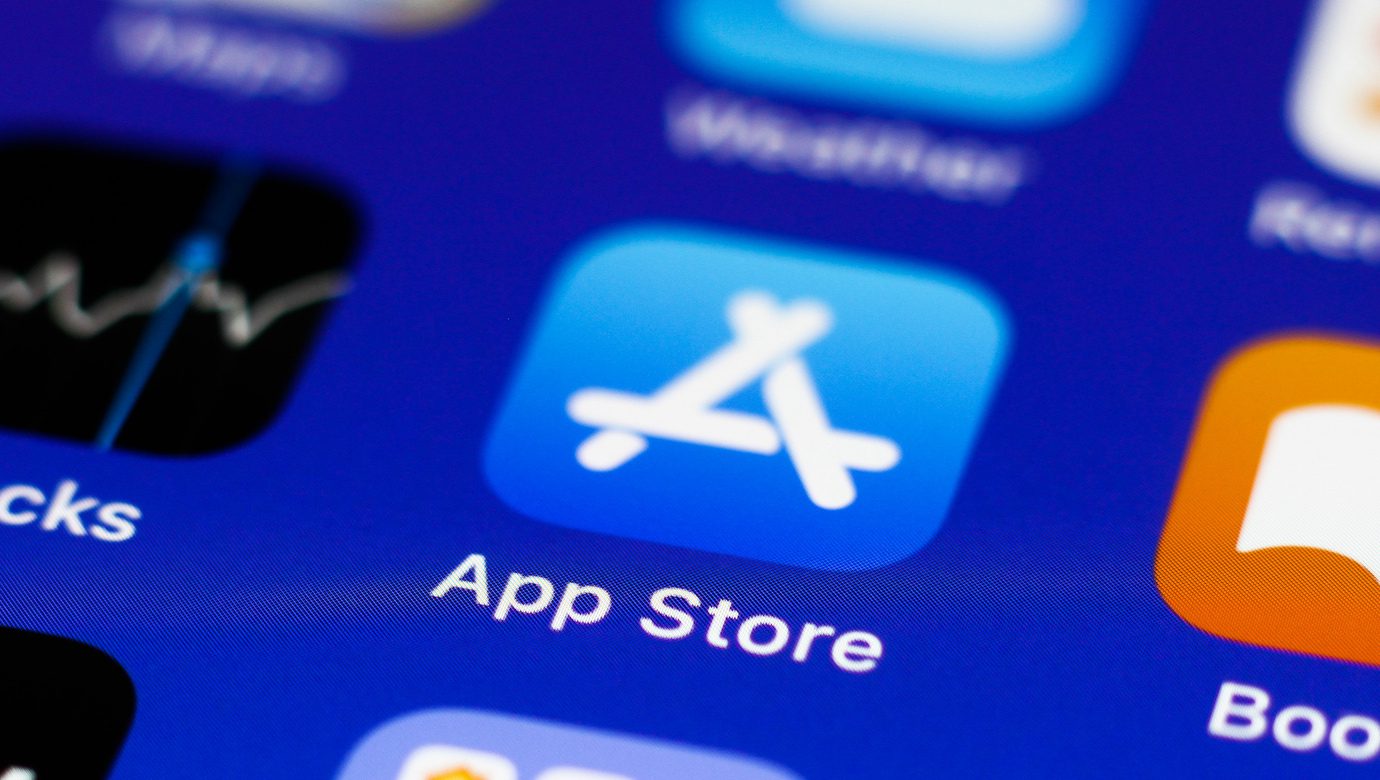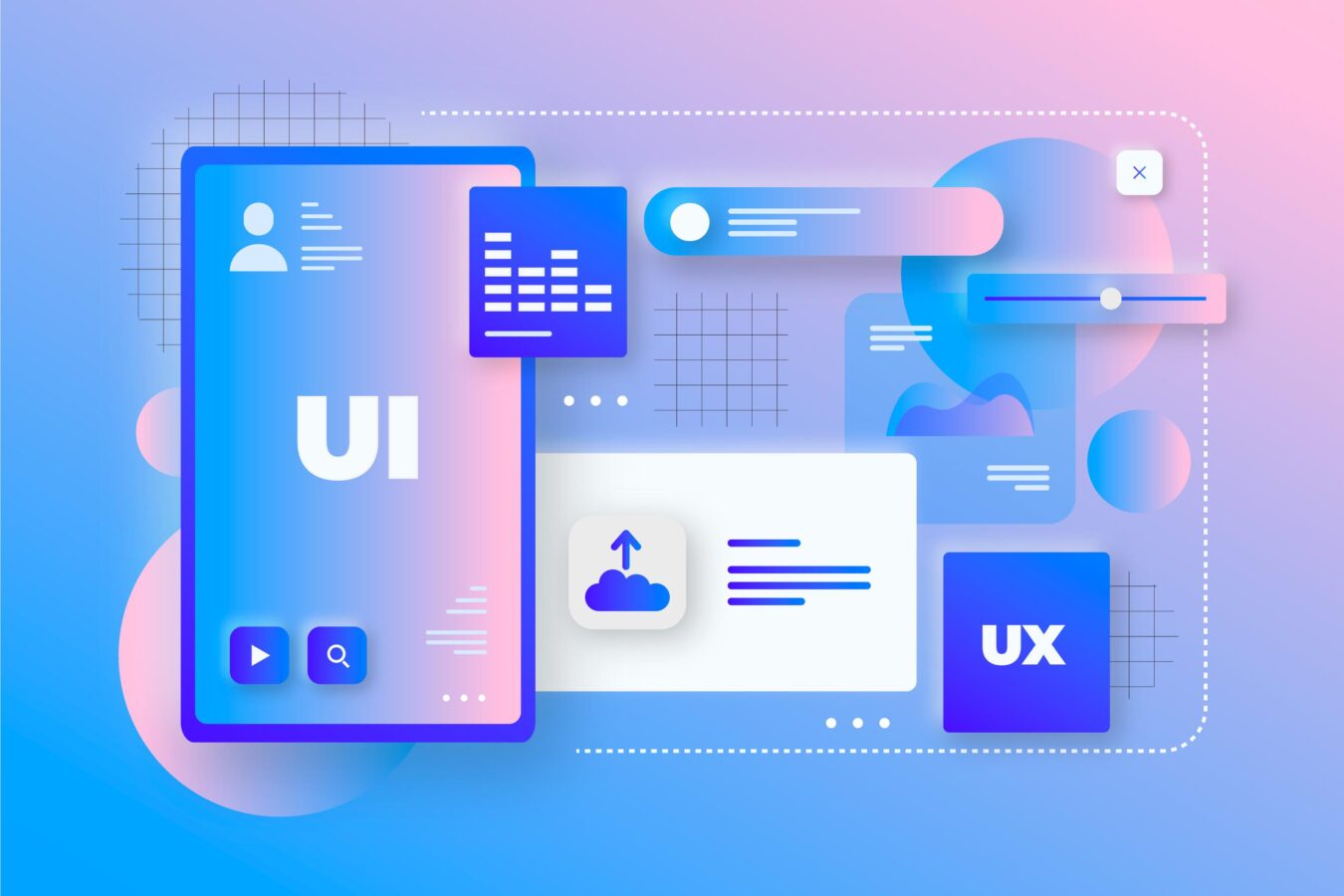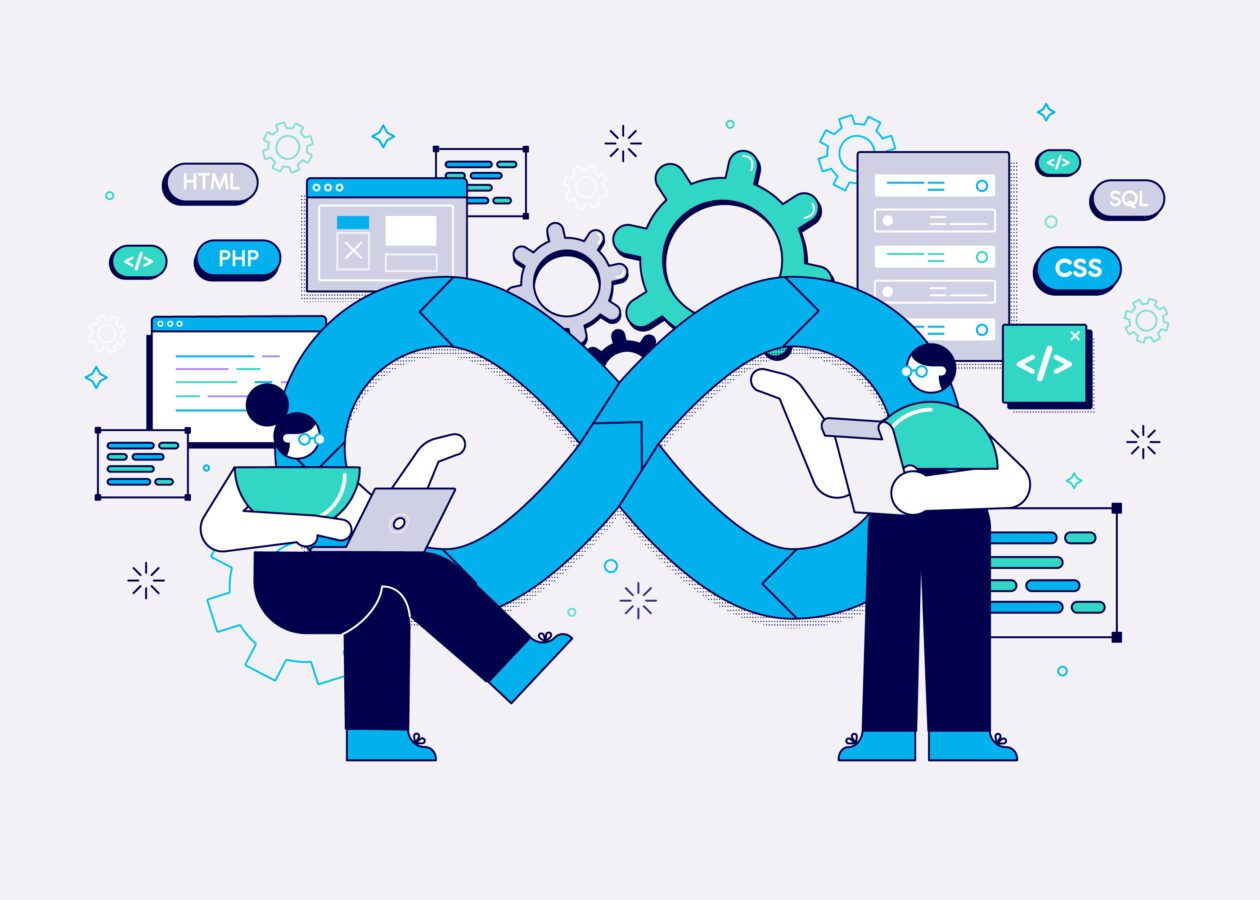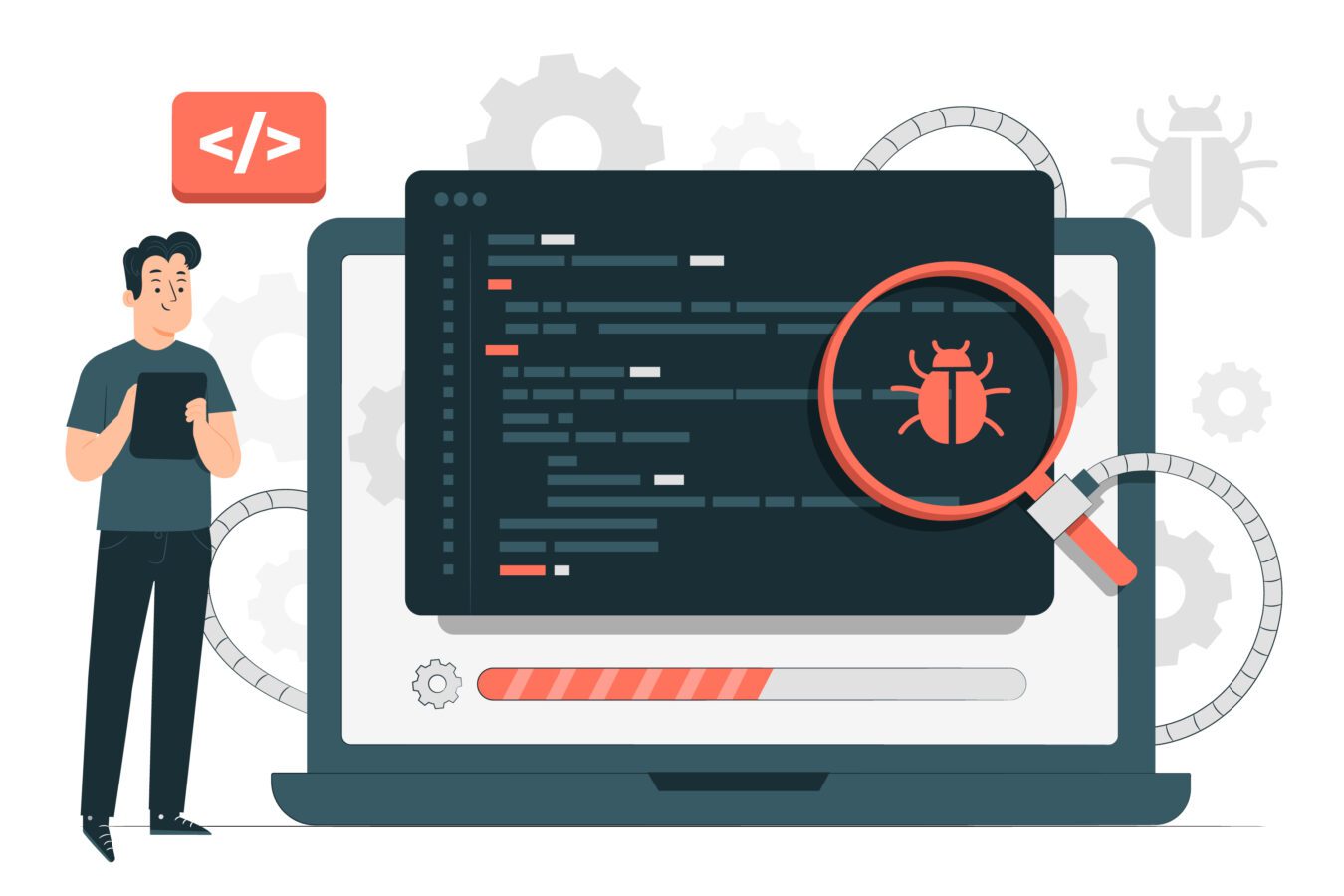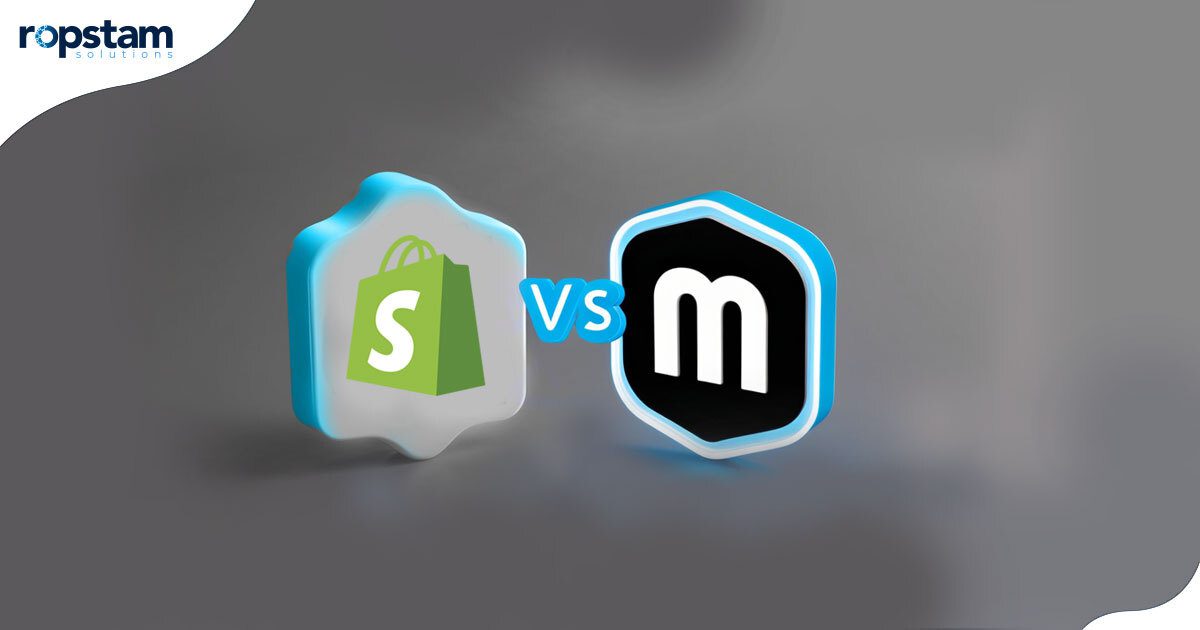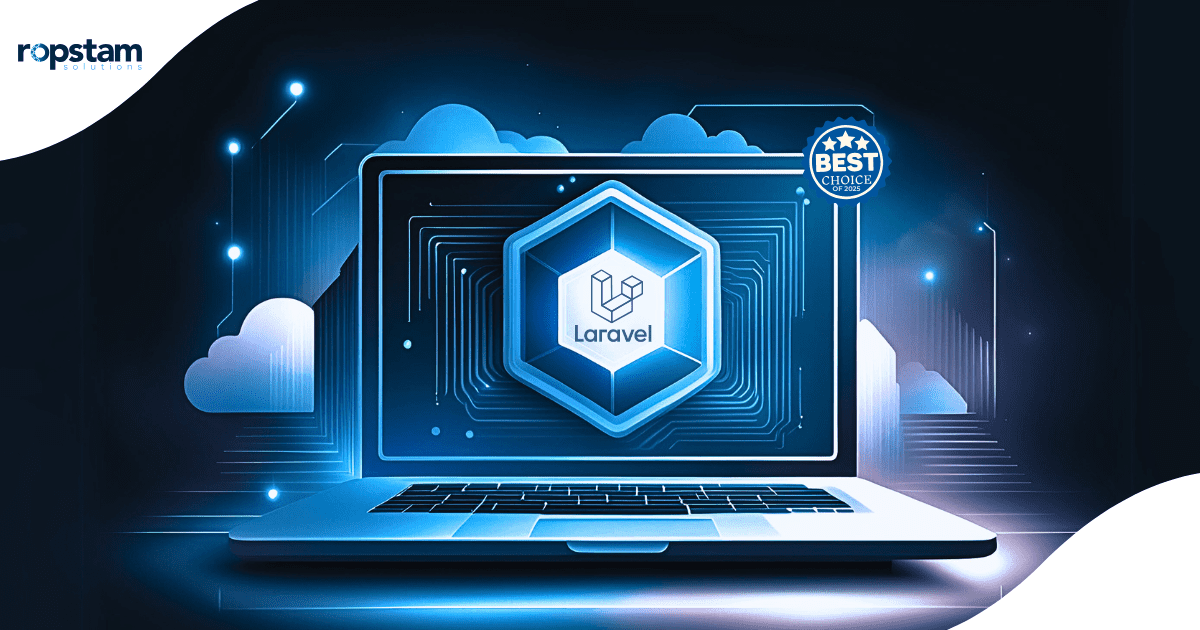When commencing your journey of building a mobile app, one of the most crucial decisions you’ll face is whether to target iOS, Android, or both platforms. While your dream might be to launch on both at the same time, the reality is that developing native apps for both platforms simultaneously can be a costly and time-consuming endeavor.
In this comprehensive guide, we’ll explore the key considerations when deciding between iOS and Android as your initial target platform. We’ll explore the pros and cons of launching your mobile app on each platform and offer insights to help you make an informed decision.
iOS App Development
iOS, Apple’s proprietary mobile operating system, operates exclusively on Apple devices like iPhones, iPads, and iPod Touches. This closed-source nature offers both advantages and limitations for developers.
On one hand, iOS provides a consistent user experience across all devices, making it easier to design and develop apps that integrate flawlessly. Additionally, Apple’s App Store is known for its stringent review process, ensuring a higher-quality app ecosystem.
When it comes to development tools, iOS offers a robust set of options. Xcode, the official IDE for iOS development, provides a comprehensive suite of tools for building, testing, and debugging apps. For those new to Swift programming, Swift Playgrounds offers a fun and interactive way to learn the language and experiment with creating simple apps.
Pros of the iOS platform
- Closed ecosystem: iOS’s closed ecosystem ensures a consistent user experience across all devices.
- App Store quality: Apple’s App Store has a rigorous review process, leading to a generally higher-quality app ecosystem.
- Performance: iOS devices are known for their smooth performance and responsiveness.
- Updates and support: Apple provides regular updates and long-term support for its devices and operating systems.
Cons of the iOS platform
- Higher cost: Apple devices and accessories tend to be more expensive than Android alternatives.
- Limited customization: iOS offers less customization compared to Android, with a more standardized user experience.
- Vendor lock-in: Users are locked into the Apple ecosystem, limiting their flexibility and options.
- App Store restrictions: Apple’s App Store review process can be strict, sometimes rejecting apps for minor issues.
- Proprietary hardware: iOS is exclusively available on Apple devices, limiting the range of options for users.
Android App Development
Android mobile app development is a complex process that requires a solid understanding of programming languages and development tools. Java, C++, and Kotlin are the primary languages used to create Android apps. These languages provide the foundation for building robust and scalable applications.
Pros of the Android platform
- Open-source: Android is an open-source platform, allowing for customization and flexibility.
- Wide range of devices: Android is available on a vast array of devices, from budget-friendly smartphones to high-end tablets.
- Google Play Store: The Google Play Store provides a vast selection of apps, games, and other content.
- Integration with Google services: Android integrates with Google services like Gmail, Google Drive, and Google Photos.
Cons of the Android platform
- Fragmentation: The wide range of Android devices can lead to compatibility issues and fragmentation.
- Security concerns: As compared to iOS devices, Android devices can be more susceptible to malware and security threats.
- User interface consistency: The user interface can vary across different Android devices, leading to inconsistencies.
Factors to Consider When Launching an Application
Utilizing the expertise of Ropstam’s mobile app developers, here we highlighted the key factors you must consider to decide the ideal platform for your application:
1. Location of Target Audience
Understanding your target audience’s geographic location is crucial for app success. Where do your potential users live? Are they primarily in the US, Europe, or emerging markets? Knowing your target audience’s location will help you tailor your app’s features, language, and marketing strategy to resonate with them.
For example, if your app is designed for a specific region, like the US and UK, it is excellent to go with iOS development first. If you are looking to target a global audience across different geographical locations, you should prefer the Android platform.
2. Cost Estimation
Developing and launching an app can be a significant investment. It’s essential to have a realistic estimate of the costs involved before you start. Look at factors like app complexity, platform choice, whether you’ll be outsourcing development or building it in-house, and marketing expenses. Creating a detailed budget will help you manage your resources effectively and avoid unexpected costs.
It is pertinent to note that while iOS development is faster, it is also more expensive. This means that if you have a limited budget, you should opt for Android development and target those users first.
3. Type of Interface
Choosing the right interface for your app is another important decision. Native apps offer a smooth user experience but require separate development for iOS and Android. Cross-platform frameworks, on the contrary, can enhance the development phase but may compromise performance or customization.
Consider your app’s specific requirements and the level of control you need over the user experience when making your decision regarding which platform to target.
4. Your Target Audience’s Preference
Research your target audience’s preferences and habits to understand what they’re looking for in an app. Consider factors like their preferred device type (iOS or Android), their app usage patterns, and their expectations for app features and design. By tailoring your app to meet their needs and preferences, you’ll increase your chances of success.
In other words, the types of devices popular among your target audience should influence your decision to opt for Android or iOS development.
5. Post-Launch Maintenance
Even after the application is launched, as a mobile app developer, your job is not finished. Over time, you might have to introduce new features with the latest updates.
Keep in mind that the majority of Android users are stuck with older versions – more than 50% of global Android users have outdated versions. This means that the maintenance of an Android application is significantly more tedious than an iOS application.
Choose Ropstam Solutions for Your Next Mobile App Development Project
To summarize the whole discussion, there is no specific answer to the Android vs iOS platform debate. For choosing a particular platform to launch your application, consider factors like post-launch maintenance, the preference of your target audience, and cost estimation.
Ropstam Solutions prides itself on a team of award-winning mobile app developers who have expertise in both Android and iOS development. Stop your search for the ideal mobile app development agency! Give us a call or send us an email today and allow us to tackle all the complexities of your project.

